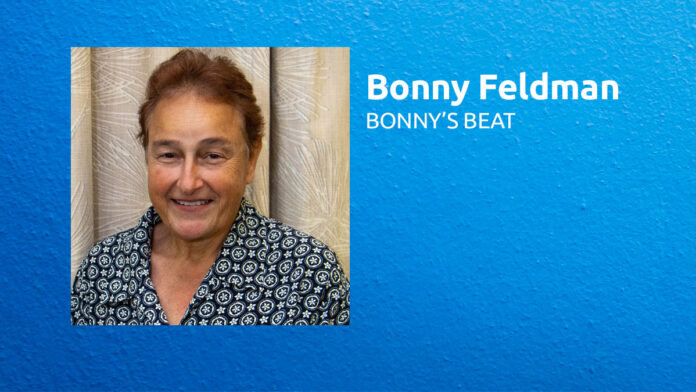I hadn’t heard of the Yiddish Book Centre in Amherst, Massachusetts, USA beforehand. But I recently heard about a book written by the founder, Aaron Lansky, called Outwitting History: How a Young Man Rescued a Million Books and Saved a Vanishing Civilization.
Amazingly, having never heard of Lansky, a week or so after I was first told about the Centre, a news report on the front page
of the New York Times caught my attention: Aaron Lansky was announcing his retirement from the institution he founded.
What I’ve learned from reading the book is that Aaron Lansky should be acknowledged as one of the great heroes of the Jewish people. His story is so inspirational that it’s one that could move more of us to take action about things that we’d perhaps not otherwise think about.
In essence, what happened is that the young Lansky, aged 23 – a lover of the Yiddish language and culture at a time when most people looked down on it and thought it was a dying language – fortuitously heard about a huge number of Yiddish books that had been dumped in the trash. Still a student at university, he had limited resources to undertake the task of saving the books, but he believed that dumping these literary resources was a huge tragedy, and that it represented the trashing of Yiddish culture.
And so began a lifelong quest to collect Yiddish texts – from elderly people who worried what would happen to their treasured collections of books, to younger people who couldn’t understand Yiddish, to public libraries, and to synagogues and Jewish centres across the United States. All in all, he gave new life to well over a million books over the past 40+ years. And, today, with more interest in the Yiddish language, the texts are serving as reading material for new generations.
It’s a story filled with warmth and heymishkeyt (homeliness) – and plenty of humour. One of my best laughs was when Lansky explains that it was popular to translate Shakespearean tales into Yiddish. The Yiddish title page of one of the books he found included this: “Fartaytsht un farbesert – Translated and Improved”!
Lansky was motivated to take action about something he felt passionate about, something he believed was the right thing to do. And the world would be a better place if more of us followed the same approach to life.
We should always be conscious of the need to preserve our culture and our languages – whether it’s Yiddish or Ladino. Seize the opportunity ‘to do like Lansky’ if the opportunity arises.
This month we highlight a Capetonian whose role as a diplomat for world Jewry means that she looks after the interests of all of us. Read about the vital work being done by Mary Kluk on p.8 (and here).
Our legal feature this month on p.33 (and here) provides guidance from two attorneys about what to do when an elderly parent starts losing mental capacity.
We also bring you the results of a survey into attitudes in South Africa to sexual violence, as seen during the Hamas attacks on October 7th – turn to p.34 (or click here).
We wish you all a Chag Pesach Sameach!
Recently announced: A new hub, the American Ladino League, is being founded for people who speak or want to learn Ladino – another example of preserving our culture.
• Published in the April 2024 issue – Click here to start reading.
• To advertise in the Cape Jewish Chronicle and on this website – kindly contact Lynette Roodt on 021 464 6736 or email advertising@ctjc.co.za. For more information and advertising rate card click here.
• Sign up for our newsletter and never miss another issue.
• Please support the Cape Jewish Chronicle with a voluntary Subscription for 2024. For payment info click here.
• Visit our Portal to the Jewish Community to see a list of all the Jewish organisations in Cape Town with links to their websites.
Follow the Cape Jewish Chronicle: Facebook | Instagram | LinkedIn











